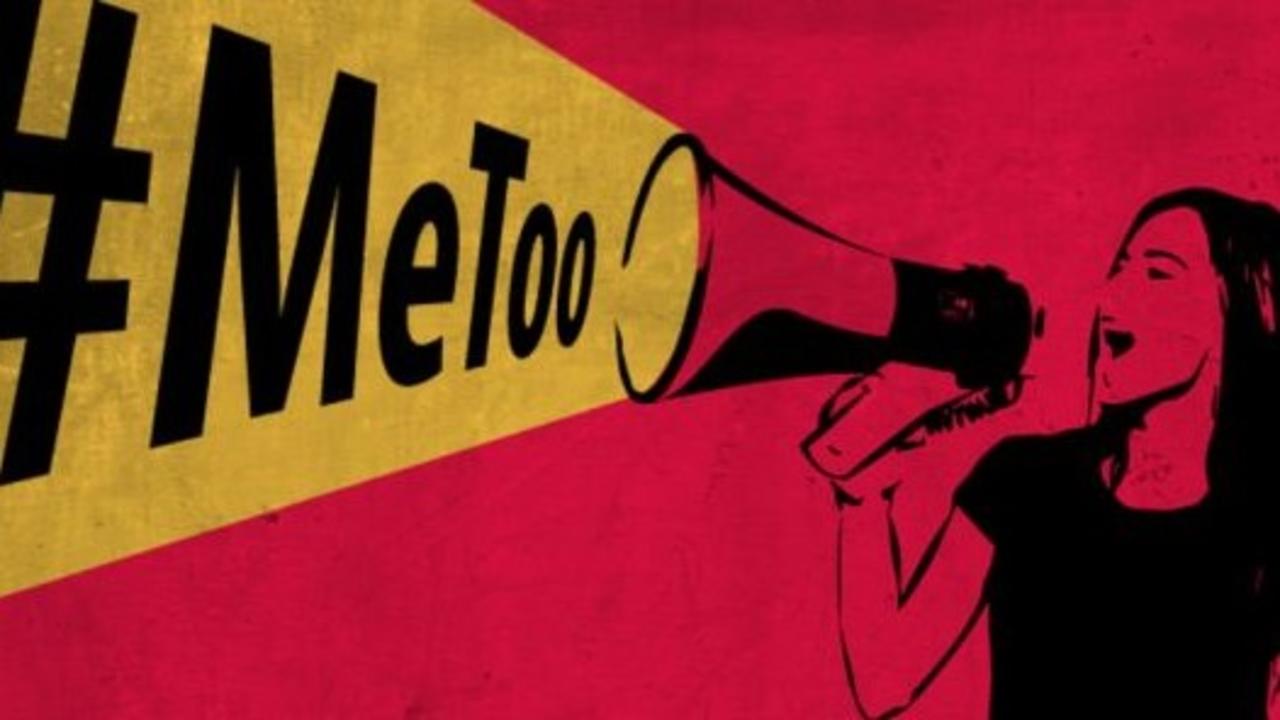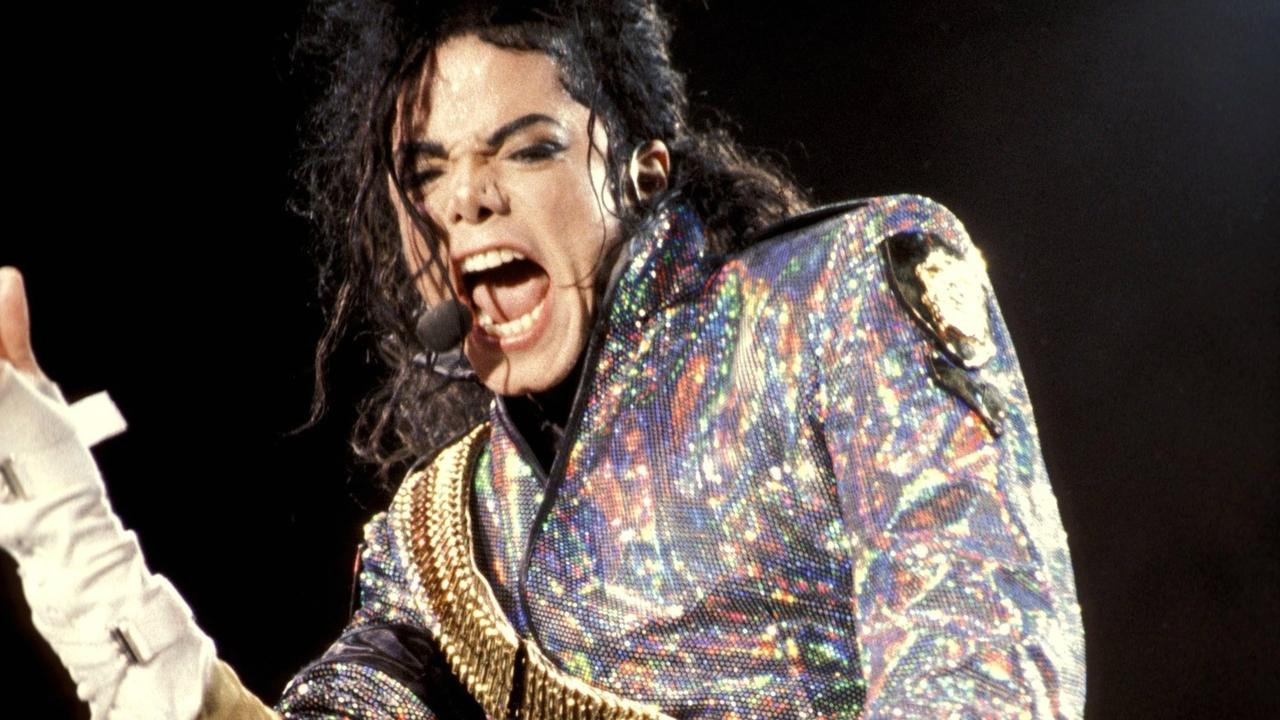Articles
Policy or Habit Evidence: Statewide Class Action or Single-Plaintiff Arbitration

When it comes the rules of evidence, there can be a big difference between a "policy" and a "habit" (or "custom," when it comes to a business entity). A decent (albeit nonlegal) illustration of the difference is the late Howie Sugden.* Howie had a policy of fighting anyone during pickup hockey games who, in his opinion, "played cheap." So while there was a decent chance his gloves might come off whenever he took the ice, it wasn't necessarily guaranteed. But when it came to his smoking, that was...
People v. Mooring: Remembering Step-Three From Sanchez's Step One

With it being almost three years since People v. Sanchez, 63 Cal. 4th 665 (2016), most lawyers are at least familiar with its holding. Indeed, prior articles on this blog have summarized the case and explained how to question expert witnesses post-Sanchez. But with familiarity, certain details can be overlooked. Take Michael Jordan. The most casual fan has an instant memory of his storybook career with the Bulls, the multiple championships, even his brief retirement to give baseball a go. But pl...
Impeachment Evidence: Attacking Credibility And Proving Its Truth?

When it comes to impeachment—attacking the credibility of a witness—lawyers sometimes fail to consider whether the evidence is substantive or pure impeachment. It can lead to an exchange like the following:
Judge: Are you offering this evidence as pure impeachment or to establish its truth?
Lawyer: Yes.
Knowing whether impeachment evidence may also be substantive is important. Substantive evidence “is offered to establish the truth of a matter to be determined by the trier of fact.” Chiasson ...
Is it Too Late to Say I'm Sorry? Usher, Justin Bieber, and Judicial Notice

We recently filed a motion to dismiss a spurious sexual harassment complaint. In opposition, the plaintiff included a request that the court take judicial notice of various articles chronicling the #metoo movement. In response to our argument, which focused on the facts and law, the plaintiff asked the court to "judicially notice" that "[m]illennials were sheltered from abusive treatment as kids ... [but find themselves] put in place by Boomer and [Generation] Xer managers ...." Why leave the re...
Meeks v. AutoZone: Let Me Just Tell You About That Smoking Gun (Which I Deleted)

Referring to the "best evidence rule" in California litigation is a little like calling The Cosby Show the most family-friendly option on television. While there was a time that such assertions were valid, saying so today just sounds uninformed and out of touch. The best evidence rule ended up having so many exceptions that it was abrogated and replaced by the "secondary evidence rule," codified in California Evidence Code section 1521, et seq. The vast majority of practitioners in California kn...
Vague and Ambiguous, Compound and Confusing, Calls for Speculation ... And a Partridge in a Pear Tree!

We have all been there. You're taking a deposition and your opposing counsel channels a $10,000 Pyramid contestant coaxing his teammate to say, "Every conceivable objection under the sun?" These attorneys act like their year-end bonus is based on the number of objections lodged after each question. While it can be annoying, deposition objections are mostly white noise for the examining lawyer. However, there is value in discerning which objections matter, and which objections can be ignored. Dev...
The Expert Impeachment Witness: Fight the Facts, Not the Opinion

"Like a house built on sand, the expert's opinion is no better than the facts upon which it is based." This famous line from Kennemur v. State of California, 133 Cal. App. 3d 907, 924 (1982), can be found in virtually every California motion to exclude an opponent's expert witness. And it is typically cited for one of two arguments:
There is the junk science argument. This argument seeks to show the expert's reasoning or methodology is unreliable. It is used against the expert who opines the pl...
The Admissibility of Character Evidence: Demystifying the Rules and their Application

Character evidence is similar to hearsay in that there is a general rule of inadmissibility followed by so many exceptions that they often gobble up the general rule. But what can make character evidence trickier is that even when it is admissible, there are specific rules about the type of character evidence that is allowed. This article provides a road map so that trial lawyers can know the what, when, and how of character evidence.
What is Character Evidence?
"Although the term 'charac...
When It Gets Awkward: "Your Honor, I Respectfully Object ... To Your Question."

"Nobody ever went to a ballgame to see the umpire," Chief Justice John Roberts declared in the opening remarks to his own confirmation hearings. He is right. It would be a head-scratching moment to go to Dodger Stadium and at the end of a complete game shutout, see Clayton Kershaw high-five his teammates ... and the home plate umpire?
The same goes with jury trials. Advocacy comes from the lawyers. While judges can examine witnesses, they are not to put their thumb on the scales of justice when...
Foundation and the Lay Witness: A Road Map to Admissibility

"Objection. Lacks foundation." It is among the more mundane objections heard during witness examinations. With lay witnesses, there can be a temptation for practitioners to give it little attention. Especially during depositions, where objections are supposed to be to the form of a question, there can be a tendency to ignore foundation issues altogether. But neglecting foundation with lay witnesses is dangerous. Testimony a jury should hear can be excluded because the examining attorney cannot n...
Documents Reviewed Before Testimony: Protected Work-Product Or Discoverable Refreshed-Recollection?

"What documents did you review to prepare for your deposition?" It is among the most commonly asked questions at the outset of depositions. And yet, whether the answer is permissible or privileged turns on a thorough understanding of the attorney work-product doctrine and the evidentiary rules about documents used to refresh a witness' memory.
On the one hand, a lawyer's selection of documents for a client to review reflects that lawyer's opinion about what is or is not important. Indeed, since...
Uber's Not So Good (and Nonprivileged) Investigation Report

As Uber and Waymo start trial over Uber's alleged theft of Waymo's self-driving technology, Uber will have to deal with an exhibit it never wanted Waymo to see—a third party report investigating various wrongdoing by the very employees Waymo accuses of various wrongdoing. Uber contended the report could be withheld from discovery. The Court decided otherwise and ordered its production.
Waymo—once a Google project and now an Alphabet subsidiary—sued Uber and its former employee Anthony Levandow...
#MeToo and the Evidentiary Rules of Third Party Witness Accusations

2017 revealed that countless people (men, mostly) in powerful positions used their authority to sexually harass or assault subordinates (women, mostly). Time Magazine's "person of the year" were the "Silence Breakers." Oprah Winfrey gave an impassioned speech at 2018's Golden Globe awards on the topic, which led to talk of a potential presidential run. And while #MeToo became a movement thanks to an Alyssa Milano tweet, the "me too" legal doctrine has been litigated in courtrooms for years.
In...
The Michael Jackson Trial: The Art Of Proving A Defense

Great trial lawyers have not simply mastered the rules of evidence. Great trial lawyers understand human nature. While expertise in evidence is necessary to execute the mechanics of a trial, understanding people is necessary to persuade. Failing to appreciate the human element of trials results in bad advice and bad advocacy.
Take, for example, the burden of proof. In a criminal trial, the prosecution must prove its case beyond a reasonable doubt. Plaintiffs in civil trials have a lesser burde...
Martha Stewart, the Merrill Lynch Assistant, and the Allowable Inferences of Implausible Testimony

When viewers tune into VH1's Martha & Snoop's Potluck Dinner Party these days, most may not know (or have forgotten) that Martha Stewart served five months in prison for lying to federal investigators. The case involved Stewart's sale of 3,928 ImClone shares on December 27, 2001. That day Stewart's broker, Peter Bacanovic of Merrill Lynch, was on vacation when he received a call from his assistant, Douglas Faneuil. Faneuil told him that Sam Waksal, the chairman of ImCone (and a Merrill Lynch cli...
O.J. Simpson and the Hearsay Rule

Many of us have vivid memories of the O.J. Simpson criminal trial. Judge Ito became a household name. Millions watched Simpson struggle to try on the famous gloves, and many of us remember where we were the moment the verdict was read. What is slightly less well known is the civil trial against Simpson—following his acquittal—for the wrongful deaths of Nicole Brown Simpson ("Nicole") and Ronald Goldman. The jury found Simpson liable, and ordered him to pay more than $25 million to the victims' f...
Applying Evidence Code Section 1271 to Certain Documents

A prior article examined the business records exception to the hearsay rule, and it specifically looked at the language and case treatment of Evidence Code section 1271. This post explores the application of Section 1271 to business records that are common in litigation: third party records, medical records, and investigation reports.
Third Party Records (e.g., Third Party Invoices): The elements of Section 1271 suggest that third party documents should never be admitted without a witness t...
Can An Expert Relay Hearsay Evidence To The Jury?

The California Supreme Court recently answered this question in People v. Sanchez, 63 Cal. 4th 665 (2016) as follows: No—not if the hearsay communicates case-specific facts. While an expert may assume the existence of case-specific facts to explain his or her opinion, the expert cannot relay such facts and treat them as true. Sanchez is important for trial lawyers because it restores the distinction between general background hearsay (which can be relayed to a jury) and case-specific hearsay (wh...
Examining Expert Witnesses in the Post-Sanchez Era

In People v. Sanchez, 63 Cal. 4th 665 (2016), the California Supreme Court decided that an expert witness cannot relay hearsay that communicates case-specific facts to the jury. This post examines how trial lawyers can and should examine expert witnesses in the post-Sanchez era.
As a starting point, practitioners should master familiarity with Evidence Code section 801. Section 801 sets forth the allowable limits on which expert witnesses may offer opinions as well as the allowable bases for o...
Understanding the Business Records Exception to the Hearsay Rule

A deep understanding of the business records exception to the hearsay rule is essential in all stages of litigation—not just trial. Depositions are fertile grounds for advocates familiar with the rules to skillfully probe a witness and establish (or, if opposing the record's admissibility, debunk) the preliminary facts to admit a business record (including the document's admission for pre-trial motions). Likewise, misunderstanding this hearsay exception can cause discouraging results; desired do...




